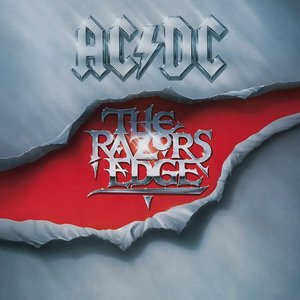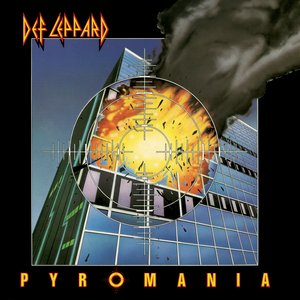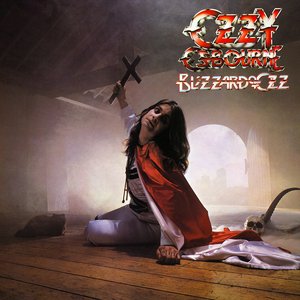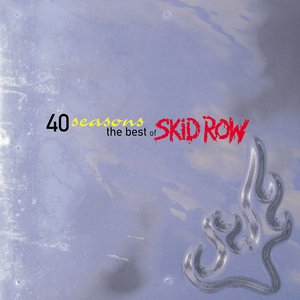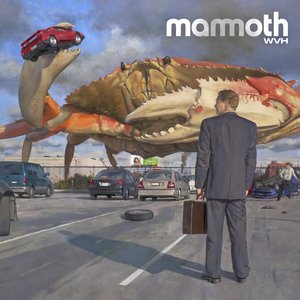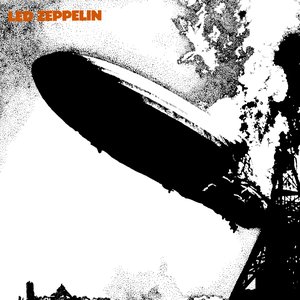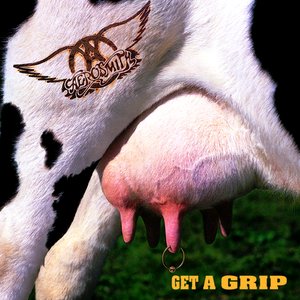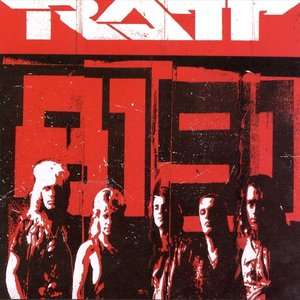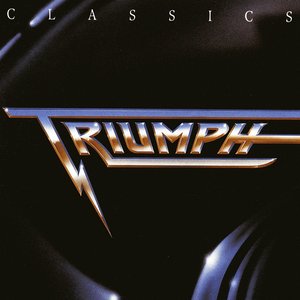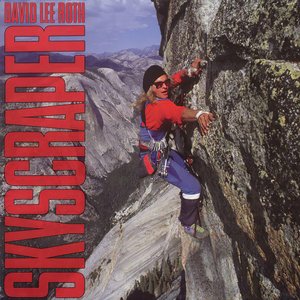Wiki
-
Release Date
1 January 1982
-
Length
12 tracks
Diver Down is the fifth album by American hard rock band Van Halen, released in 1982. According to Van Halen's official website, it spent 65 weeks on the US album charts and had, by 1998, sold 4 million copies in the United States.
The album cover displays the "diver down" flag used in many US jurisdictions to indicate a diver is currently submerged in the area, and caution is advised to nearby boats. Asked about the cover in a 1982 interview with Sylvie Simmons (Sounds, June 23, 1982), David Lee Roth said it was meant to imply that "there was something going on that's not apparent to your eyes. You put up the red flag with the white slash. Well, a lot of people approach Van Halen as sort of the abyss. It means, it's not immediately apparent to your eyes what is going on underneath the surface."
The music video for "(Oh) Pretty Woman" was one of the first banned by MTV although VH1 Classic has consistently aired it in recent years. In 1982, Dave explained the ban as the result of complaints that it made fun of "an almost theological figure" the Samurai warrior (Mike Anthony in the video) and also because two midgets appeared to molest a woman (actually a man in drag). The video, directed by Roth, was, he said: "rather like a surrealistic art project … where they paint the picture and come back three days later and try to figure out what they meant." The track "Intruder" on the album, which precedes "(Oh) Pretty Woman", was written specifically in order that there would be enough music to cover the length of the film that was edited down for the "(Oh) Pretty Woman" video. In his 1982 interview with Sylvie Simmons, Dave takes credit for "Intruder", stating: "I wrote that … When we finished the movie (i.e., the video) it was about three minutes too long. So, I said, we won't cut any of it; we'll write soundtrack music for the beginning. So we went into the studio and I played the synthesizer and I wrote it. It took about an hour to put that together." (Sounds, June 23, 1982)
Eddie and Alex Van Halen's father, Jan Van Halen, plays clarinet on "Big Bad Bill."
Five of the twelve songs on the album are covers, the most popular being the Roy Orbison cover "Oh, Pretty Woman." At the time, the record company thought they had a greater chance of a hit record if it comprised songs that were already successful. In retrospect, it turned out to be one of the Van Halen's brothers' least favorite albums, with Eddie stating "I'd rather have a bomb with one of my own songs than a hit with someone else's". However, at the time whilst he admitted to the pressure the band was put under to record it, he was able to tell Guitar Player (Dec. 1982) that it "was fun": "When we came off the Fair Warning tour last year , we were going to take a break and spend a lot of time writing this and that. Dave came up with the idea of, 'Hey, why don't we start off the new year with just putting out a single?' He wanted to do 'Dancing in the Streets.' He gave me the original Martha Reeves & the Vandellas tape, and I listened to it and said, 'I can't get a handle on anything out of this song.' I couldn't figure out a riff, and you know the way I like to play: I always like to do a riff, as opposed to just hitting barre chords and strumming. So I said, 'Look, if you want to do a cover tune, why don't we do 'Pretty Woman'? It took one day. We went to Sunset Sound in L.A., recorded it, and it came out right after the first of the year. It started climbing the charts, so all of a sudden Warner Bros. is going, 'You got a hit single on your hands. We gotta have that record.' We said, 'Wait a minute, we just did that to keep us out there, so that people know we're still alive.' But they just kept pressuring, so we jumped right back in without any rest or time to recuperate from the tour, and started recording. We spent 12 days making the album … it was a lot of fun." In addition to this, two of the original songs were around long before the album was made. "Hang 'Em High" can trace its roots back to the band's 1977 demos as "Last Night", which had the same music but different lyrics. "Cathedral" was also nothing new, being played in its current form throughout 1981 with earlier versions going back to 1980. Additionally, "Happy Trails" had been recorded for their 1977 demos as a joke.
Album descriptions on Last.fm are editable by everyone. Feel free to contribute!
All user-contributed text on this page is available under the Creative Commons Attribution-ShareAlike License; additional terms may apply.

